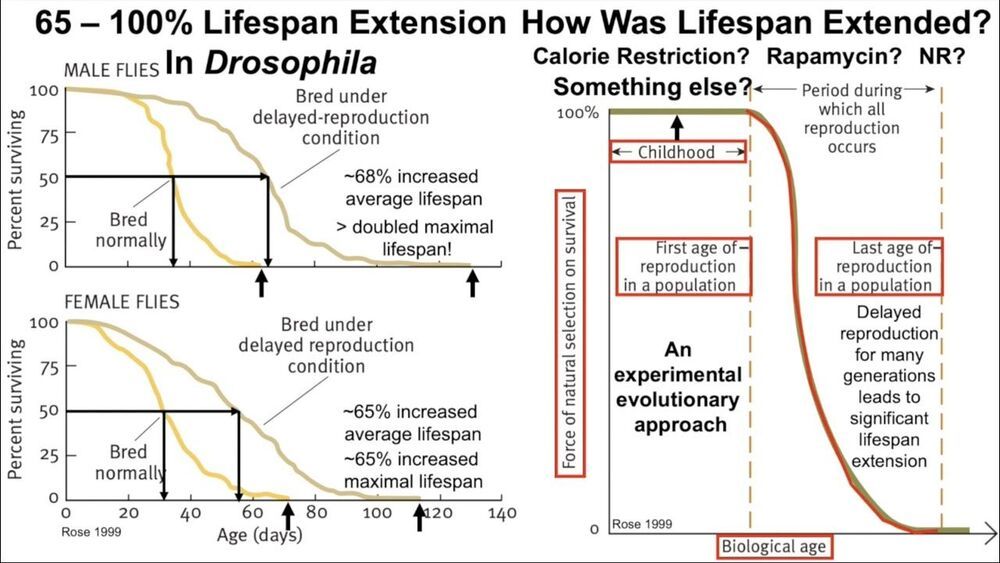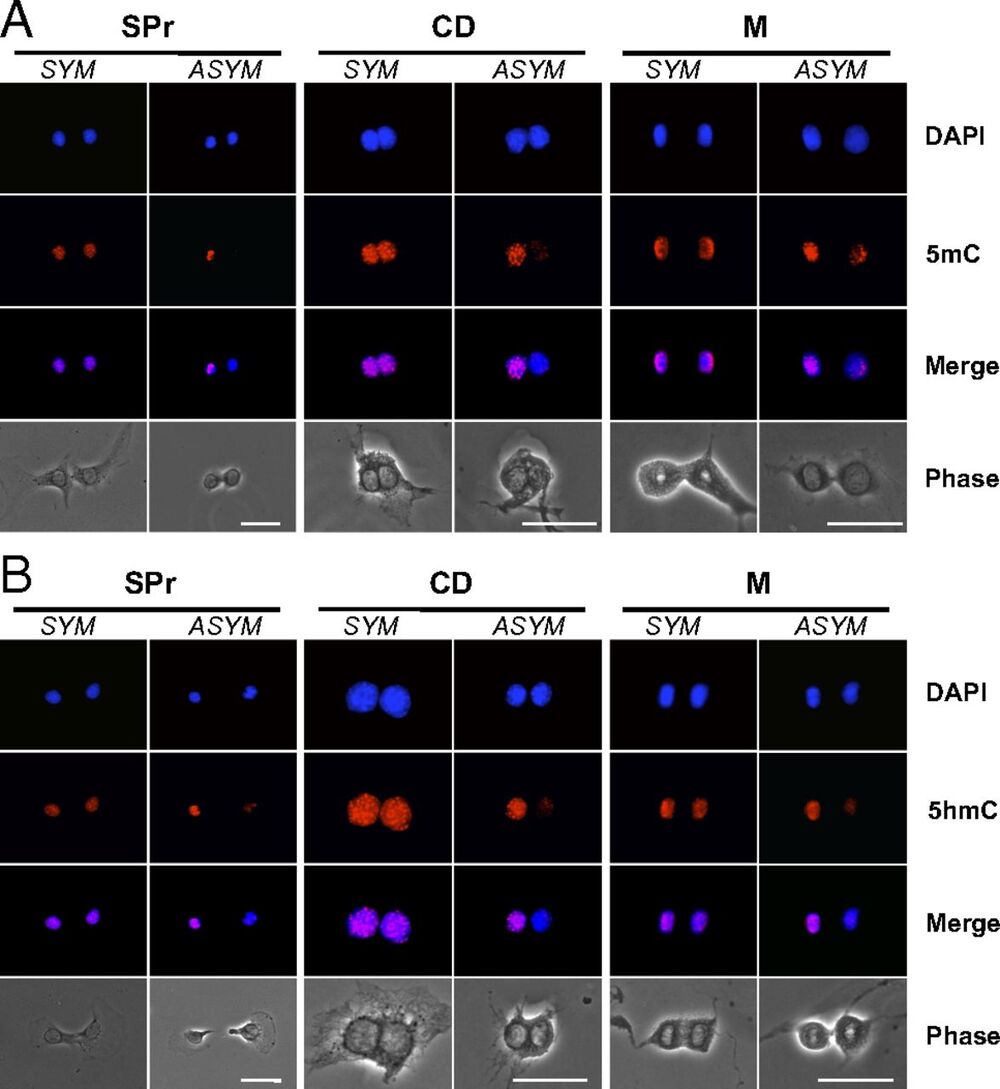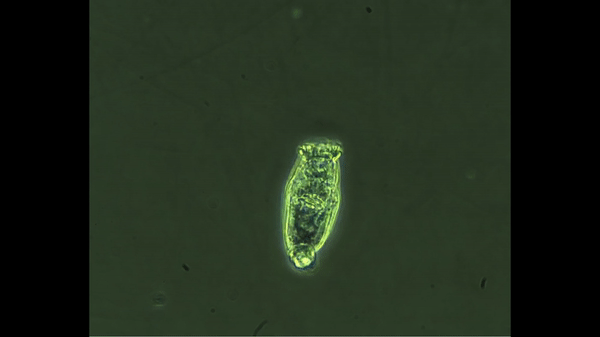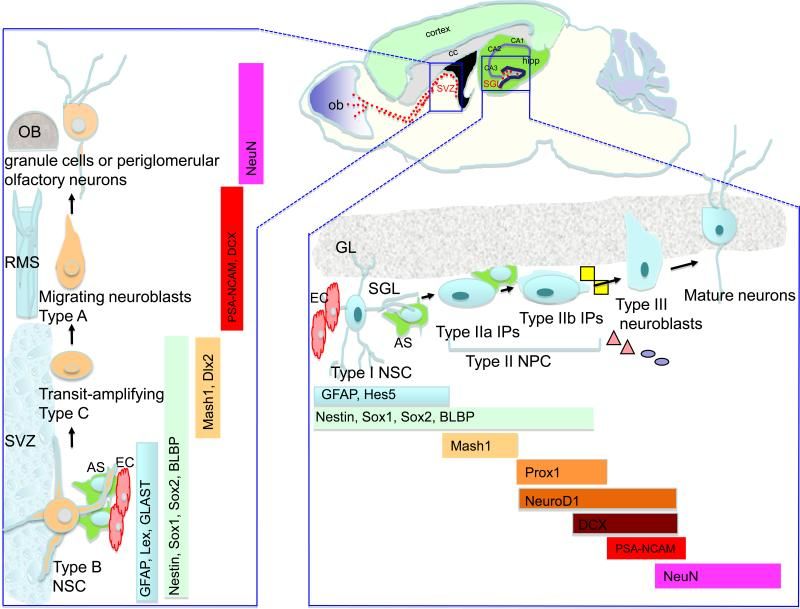Jul 15, 2021
Lifespan Extension In Drosophila: A Conversation with Dr. Michael Rose (full, unedited video)
Posted by Mike Lustgarten in categories: life extension, robotics/AI
Timestamps:
0:00 How the Rose lab more than doubled the lifespan of Drosophila.
17:20 Use of machine learning (ML) and multi-‘omics to characterize aging, and use of ML to develop interventions.
37:04 Adherence to an ancestral diet in Drosophila extends healthspan relative to their evolutionary recent diet.
40:35 The importance of measuring objective markers of health to determine if one’s diet is best for them.
44:04 Does aging stop, and use of biomarker testing to help decipher/optimize that.
53:33 The importance of characterizing aging for both Drosophila and its co-associated microbiome.
1:00:35 Why a massive, wide-scale, Manhattan-project approach for increasing human lifespan is necessary.

















